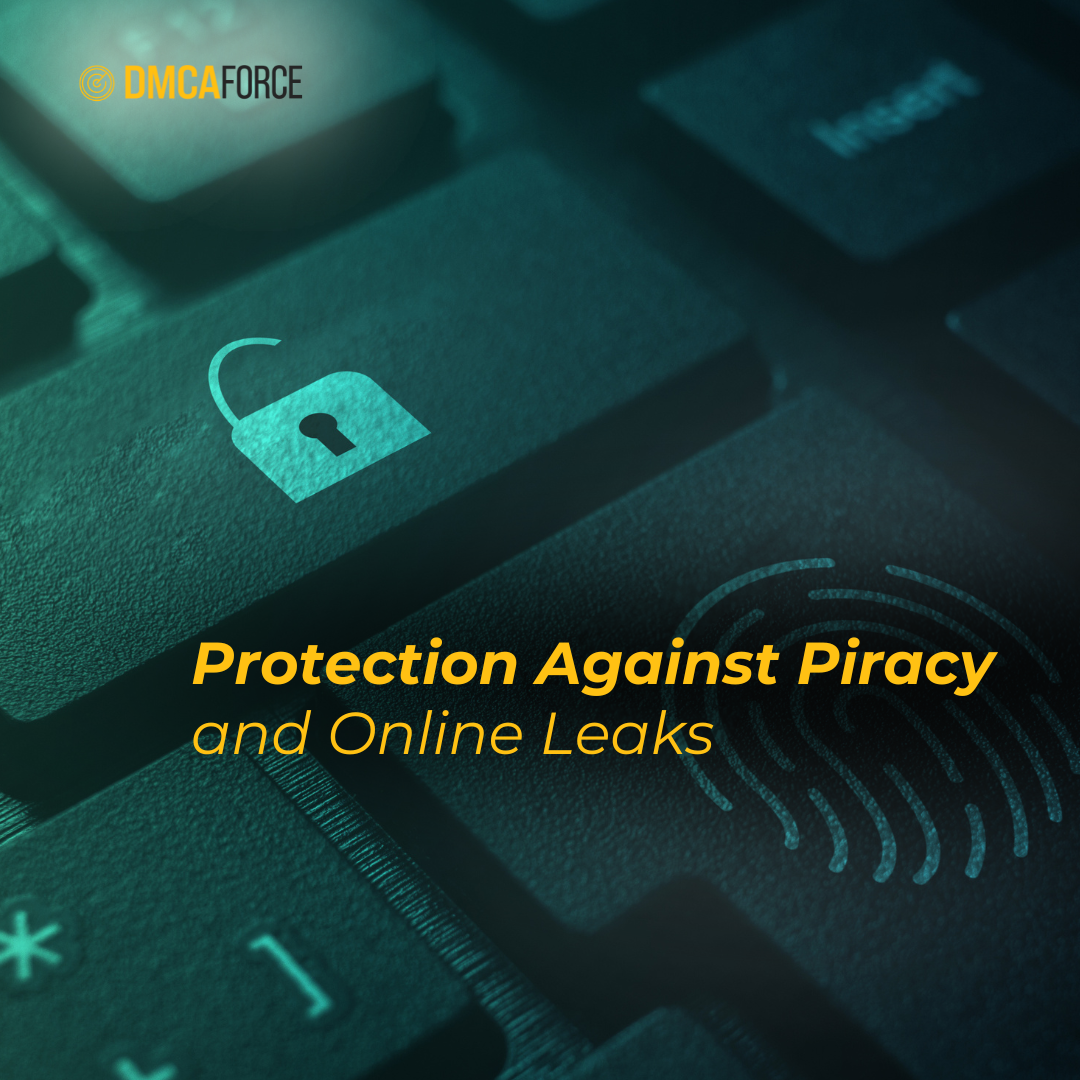News

The Real Effects of Piracy (Part 1): Disintermediation
dis·in·ter·me·di·a·tion
noun : reduction in the use of intermediaries between producers and consumers. The elimination of the “middle-man”.
Talk about your $5 words…
The first time I came face to face with this word was as a business student in the late 1990s. The internet boom was a go and the whole world was wondering how to profit from our new found connectivity and how it would effect commerce, marketing and life. Disintermediation was the logical conclusion. Instead of needing to shop at a store our groceries would be purchased online and arrive conveniently packed. Our pet’s food would arrive on a prearranged, prepaid monthly schedule. We would buy our cars direct from the manufacturer and entire species within the supply cycle ecosystems would face an extinction on par with a T-Rex in the late Cretaceous. The Utopians predicted a magic world where information would flow freely and artists of all stripes could access their fans directly, eliminating the record companies and publishing executives who blocked their path through tradition, monopoly and market control.
Many years later, some parts of the prophecy have proven true while others have morphed horribly, and despite all predictions some dinosaurs have stubbornly survived.
As consumers, we like the concept of eliminating the middle man. More access to the source, more money for the creators, less lining of fat cat pockets… it all sounds good. The issue is, what happens when disintermediation goes too far? What happens when everything is available for free?
Some argue it will force better creations… movies, books and music that are SO GOOD that the consumer is compelled to contribute. Others subscribe to a theory that new methods of transacting will emerge to save the day and often point to crowd sourcing as proof. Some claim it doesn’t matter with the all too common cry of “They have enough money, one download doesn’t matter.” My personal favorites are those that see pirating music as being on par with whistle blowing and liken their downloading to “Freedom of Information”.
From my experience, all these arguments are flawed. “Freedom of information” is not “Freedom of Entertainment” and for every fan overwhelmed enough to buy a ticket to see the band who’s album they ripped, there are two dozen who take it because its there. Most professional artists don’t “have enough money” and sadly, they are rapidly becoming an endangered species.
What happens when only a very few can make money off the product of their minds? What happens when our creators can’t make a living creating? I believe that, as a culture, we will be greatly reduced.
How to Protect Your OnlyFans Content from Online Leaks and Piracy
November 15, 2024

Protect Your Content on Telegram: Using DMCA Claims to Combat Piracy
November 13, 2024

Unlock Your Revenue Potential at the AW Summit 2024 in Bucharest!
September 10, 2024
Got questions about protecting your digital assets from copyright infringement?


